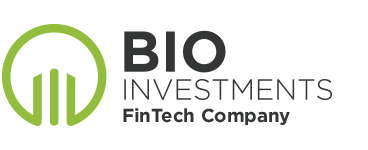RMIT University Launches Australia’s First Blockchain Course
RMIT, an Australian public research university, has launched Australia’s first university Blockchain course[1], according to Business Insider Australia[2].
The 8-week course, entitled “Developing Blockchain Strategy”, was designed by RMIT’s Blockchain Innovation Hub and partners with consulting firm Accenture and fintech hub Stone & Chalk. The online course description promises a practical program that goes beyond the conceptual aspect of Blockchain[3]: “You won’t just get a theoretical understanding of blockchain: you’ll learn how to use it.”
Jason Potts, the director of the Blockchain Innovation Hub, tells Business Australia Insider that:
“It’s one of those things where a whole lot of different technologies have come together to contribute to it working […] Much of this course is designed to help executives and business leaders to understand not just how this new technology works, and understanding what’s actually behind it, but also how it reflects business models and business strategy.”
The general manager of Stone & Chalk, Alan Tsen, sees the strong connections between fintech, banks, and Blockchain means that this kind of course is needed:
“Banks are already behind blockchain technology in a big way […] There is a real demand for blockchain training and a skills gap in the market that needs to be addressed.”
RMIT’s course isn’t the first time that Blockchain and academia have found an intersection[4]. UC Berkeley offers an interdisciplinary course on Blockchain, and a separate Southern California study will be released in June on the potential Blockchain career pathways for students.
In December 2017, Australian Securities Exchange’s (ASX) announced that they be the world’s first securities exchange to use Blockchain[5] to replace their current equity processing system.
In January of this year, the Brisbane Airport reported its plans[6] to make its entire airport terminal cryptocurrency friendly, with stores and restaurants located in the terminal able to accept Bitcoin[7], Ether[8], and Dash[9].

